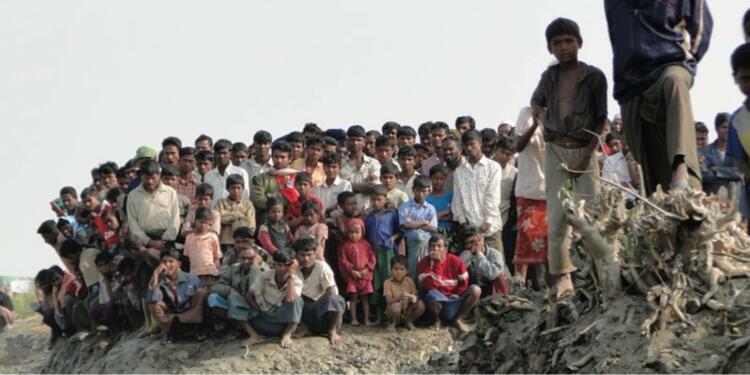In a recent unsettling revelation, the National Commission for Backward Classes (NCBC), a statutory body under the Ministry of Social Justice and Empowerment, has discovered a significant deviation in the implementation of reservation benefits for Other Backward Classes (OBCs). Specifically, these discrepancies have been noticed in four Opposition-governed states – West Bengal, Bihar, Punjab, and Rajasthan.
Let’s bring to light the state sponsored discrimination that is denying the backward classes their due, and how the current trend is harmful, both socially and politically.
Made for OBC, distributed to Rohingyas
The concept of reservations, a cornerstone of India’s socio-economic policy, was enacted to offer assistance and opportunities to underprivileged communities. It’s an initiative intended to level the playing field for groups that have been historically disadvantaged. However, an alarming report published by The Economic Times indicates that a substantial number of OBC individuals in these states are being unjustly deprived of their rightful reservation benefits in government jobs and educational institutions.
The report is based on the outcomes of rigorous field surveys conducted by the NCBC between February and May 2023. These investigations aimed to ensure the just and equitable implementation of the reservation policy across the country. However, the findings have divulged irregularities, prompting urgent attention and corrective action.
A particularly eyebrow-raising revelation is the misallocation of OBC certificates to non-Indian entities, specifically Bangladeshi immigrants and Rohingya Muslims residing in West Bengal. This action appears to be a flagrant breach of the reservation policy, highlighting loopholes in the system that permit such misappropriation.
Also read: Courts are clear about the fate of Rohingyas, it’s the government that is not
The startling truth unveiled
Moreover, the Commission found that of 179 castes granted OBC status, a staggering 118 belong to the Muslim community. This disproportionate representation seems to indicate a skewness in the implementation of the reservation policy.
Speaking on these findings, NCBC Chief Hansraj Gangaram Ahir stated, “The commission has no bias against any community, but we asked the state how there is a distinct bias in favour of Muslims.” His comments underline the responsibility of the NCBC to ensure equal distribution of resources, irrespective of religious or ethnic affiliation.
The controversy does not end here. During the surveys, the Commission learned that several Hindu OBC communities had converted to Islam. When a written explanation was sought from the West Bengal government, they reportedly responded with ambiguity, stating it was unclear how many individuals had indeed converted. This lack of clarity adds another layer of complexity to the already intricate issue, raising serious questions about the state’s record-keeping and verification mechanisms.
Ahir drew attention to the heart of the matter, emphasizing, “It is clear that the state has arbitrarily given non-deserving communities OBC status.” His assertive remark questions the transparency and fairness of the allocation process and probes the integrity of the administrative mechanisms responsible for implementing the reservation policy.
How far can they go?
This contentious situation has ignited significant debate regarding the implementation of the reservation system. It has brought to light the issues within the system that can lead to the unjust exclusion of deserving communities from the benefits they are rightfully entitled to.
In an already socio-politically sensitive environment, the controversy has evoked strong reactions from various quarters. Critics argue that such misallocation of reservation benefits to non-Indian entities is a disservice to the indigenous population and a blatant misuse of a system intended for social justice. Others emphasize the necessity for a more comprehensive vetting process before granting OBC status to any community, thereby ensuring the benefits reach the genuine beneficiaries.
While these divergent viewpoints continue to stir the debate, one fact remains unequivocal – the urgent need for a robust, transparent, and impartial mechanism to monitor and enforce the reservation policy. The findings from the NCBC report call for immediate introspection, correction, and stringent measures to prevent the recurrence of such situations.
As we look forward to the resolution of this complex issue, it is incumbent upon us to remember that the principles of social justice that underpin the reservation policy must be upheld. The implications of this controversy, therefore, reach beyond the immediate issue, encouraging us to rethink and re-evaluate how we approach social justice in a diverse and dynamic country like India.
Support TFI:
Support us to strengthen the ‘Right’ ideology of cultural nationalism by purchasing the best quality garments from TFI-STORE.COM

























